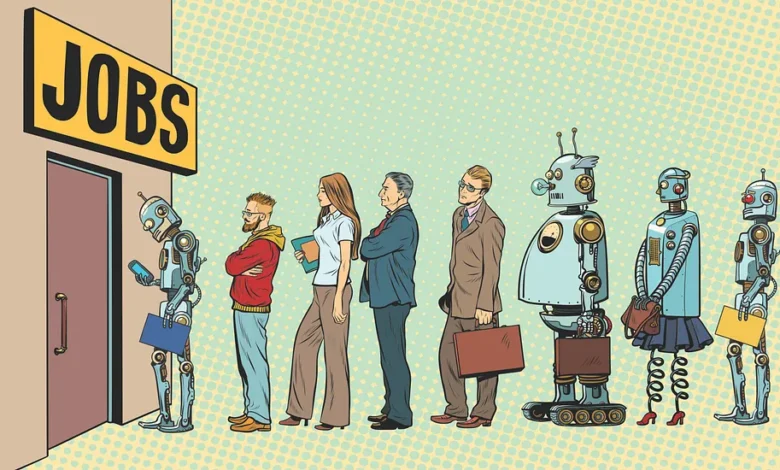Quick Reads
Quick Read: The Distributional Impact of AI – Inequality and the Need for Upskilling

The economic benefits of AI are not evenly distributed. There is a risk that AI could exacerbate existing inequalities unless proactive measures are taken.
Economic Inequality
- Wealth Concentration: Companies that own and control AI technologies may accumulate significant wealth, widening the gap between rich and poor.
- Regional Disparities: Areas with strong tech industries may experience economic booms, while regions reliant on traditional industries may suffer.
Upskilling and Reskilling
- Educational Programs: Governments and businesses must invest in education and training programs to equip workers with the skills needed in an AI-driven economy.
- Public-Private Partnerships: Collaboration between public institutions and private companies can create effective training programs.
“Technology is amoral. It is up to us to figure out how to use it for good.”
Bill Gates
Policy Interventions
- Progressive Taxation: Implementing policies to redistribute wealth generated by AI-driven productivity gains.
- Universal Basic Income (UBI): Exploring UBI as a potential solution to support those displaced by automation.
Studies
- The Brookings Institution finds that AI and automation are likely to disproportionately impact lower-wage and less-educated workers.
- The OECD suggests that upskilling and reskilling are crucial for mitigating the adverse effects of AI on employment.
This post is part of the “Quick read” series: How AI Will Affect the Economy?
Read in the same series:
- The Rise of the Machines: Automation and Job Displacement
- AI as a Productivity Booster: Growth and Efficiency
- The Rise of New Industries and Job Opportunities
- The Evolving Nature of Work: The Human-AI Collaboration
- The Distributional Impact of AI: Inequality and the Need for Upskilling
- The Ethical Considerations of AI: Bias, Transparency, and Job Security
- The Global Race for AI Supremacy: Competition and Collaboration
- The Future of Work in an AI-Powered Economy